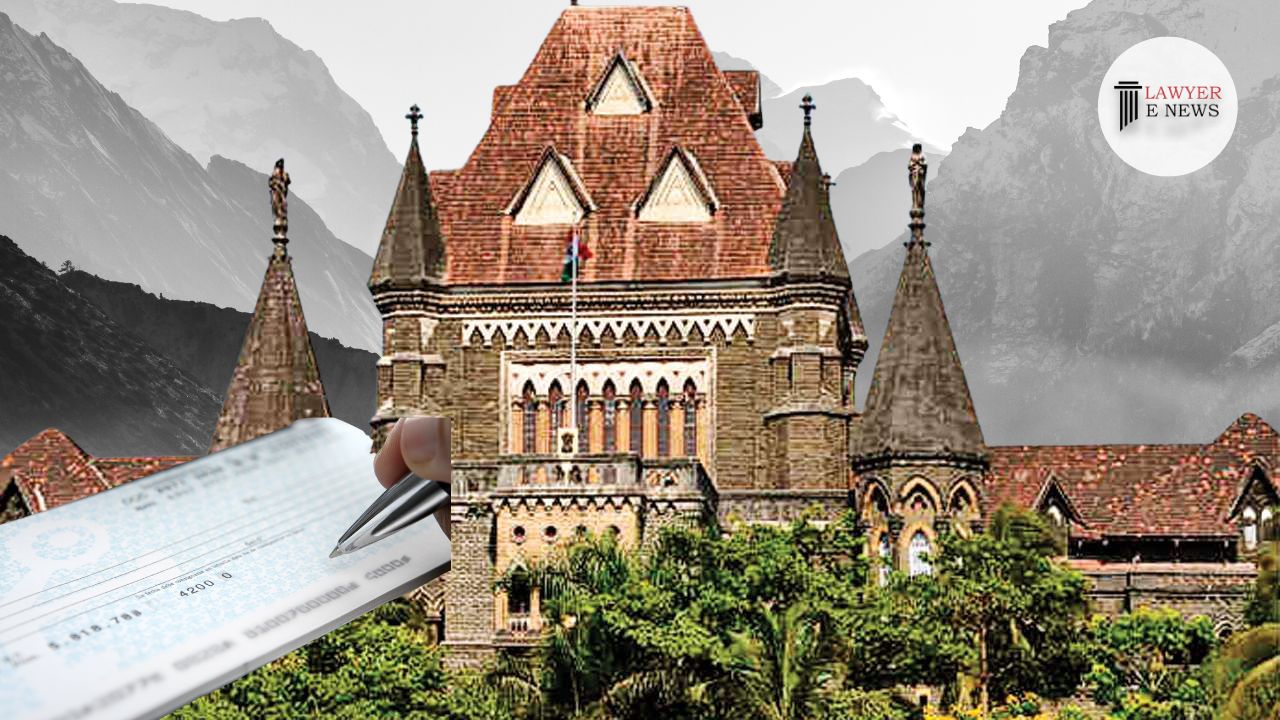-
by Admin
15 February 2026 5:35 AM



In a significant ruling, the Bombay High Court upheld the eviction of tenants from a residential property, confirming the findings of unauthorized subletting. The decision, delivered by Justice Sandeep V. Marne, underscores the legal obligations of tenants under the Maharashtra Rent Control Act, 1999, and clarifies the conditions under which subletting can be deemed unlawful.
The case revolves around a residential property initially rented to the late Hari Singh. After his demise, the tenancy was assumed by his alleged adopted son, Babarjit Singh. The landlords, Manorama Vishwanath Surve and Divakar Vishwanath Surve, initiated eviction proceedings, alleging that Babarjit Singh had unlawfully sublet the premises to Kuldeep Kaur, Gurpreet Singh, and Harpreet Singh without their consent, thereby violating Section 16(1)(e) of the Maharashtra Rent Control Act, 1999.
The court meticulously examined the tenant's obligations and the landlord's rights under the Maharashtra Rent Control Act. Justice Marne emphasized that the law imposes strict restrictions on subletting, requiring the tenant to maintain direct control and residence over the rented premises. In this context, the court noted, "The landlord expects fulfillment of legal obligations from the tenant. The law therefore does not envisage that the landlord would be required to deal with all members of the joint family".
Addressing the tenant's defense, the court scrutinized the continuous residence and control over the premises by Babarjit Singh. Despite Babarjit Singh's claim of periodic visits and temporary absence due to employment, the court found substantial evidence indicating a prolonged absence and exclusive occupation by the subtenants. "Concrete evidence was required to prove that during the period of vacations or leave, the First Defendant used to return to Mumbai and reside in the suit premises"
Act, 1999, which includes family members residing with the tenant at the time of their death. However, the court clarified that this definition does not extend to an entire joint family unit but rather to specific individuals recognized as tenants. "To interpret the phrase ‘any person’ as used in section 5 (11) of the Act to include any member of the joint family as asserted by the petitioner/defendant no.2, would lead to an absurdity".
Justice Marne affirmed the appellate court's findings on the issue of subletting, highlighting that exclusive possession and control by the subtenants, coupled with the tenant's absence, constitute unlawful subletting. The court ruled that mere legal possession by a tenant while allowing others to reside independently in the premises does not suffice to avoid the consequences of subletting.
Justice Marne remarked, "Concrete evidence was required to prove that during the period of vacations or leave, the First Defendant used to return to Mumbai and reside in the suit premises". He further noted, "If such an argument by the petitioner/defendant no.2 to recognize him as a tenant, is accepted, the landlord would never obtain an eviction of a tenant as may be permissible to him in law".
The Bombay High Court's judgment reinforces the stringent provisions of the Maharashtra Rent Control Act, 1999, regarding unauthorized subletting. By affirming the lower courts' findings, the decision underscores the importance of tenants maintaining direct control and residence over the rented premises. This ruling is expected to have significant implications for future tenancy disputes, providing clarity on the legal interpretation of subletting and the rights of landlords under the Act.
Date of Decision: 5 July 2024
Babarjit Singh Hari Singh & Ors. vs. Manorama Vishwanath Surve & Ors.
